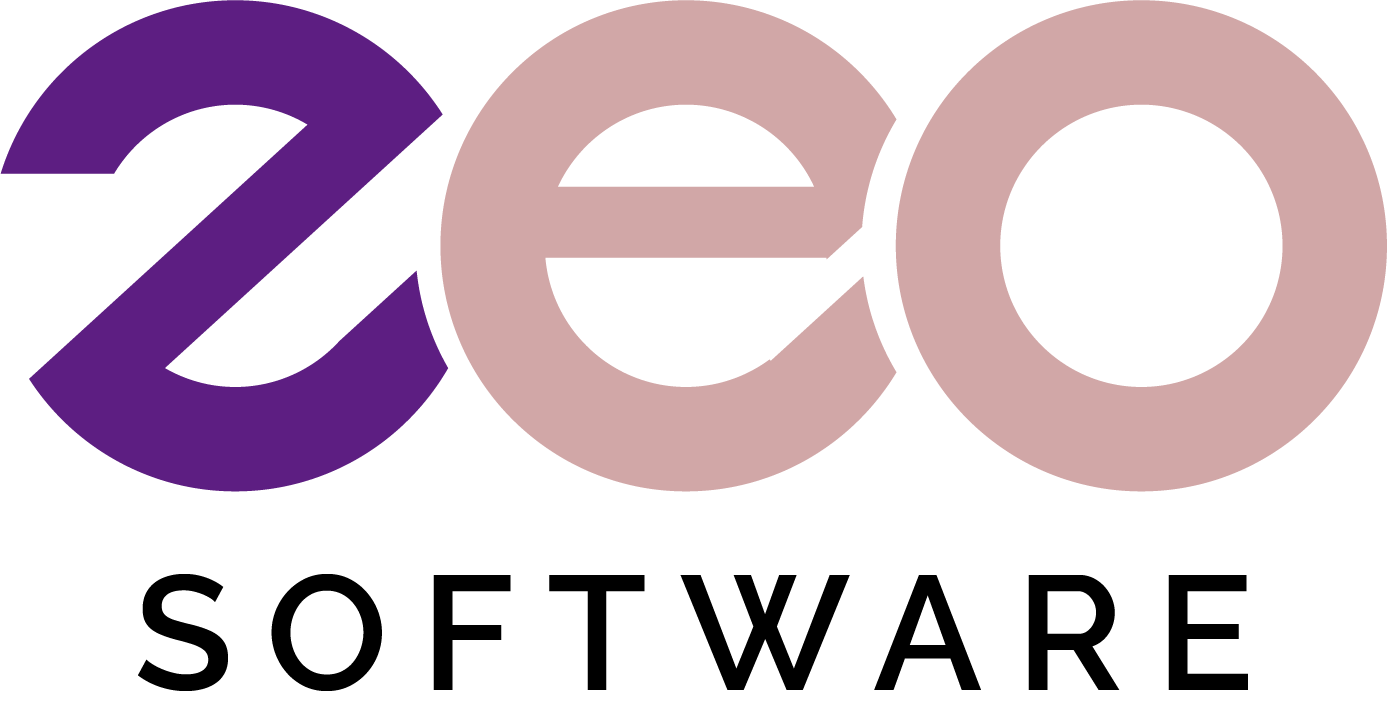As we navigate through 2024, the ERP industry continues to evolve rapidly, driven by advancements in technology and changing business needs. Staying ahead of these trends can provide significant benefits to businesses looking to optimize their operations and maintain a competitive edge. Here are the top ERP trends to watch in 2024 and how they can benefit your business.
1. Increased Adoption of Cloud ERP
Cloud-based ERP solutions have been gaining traction, and this trend is set to continue in 2024. Businesses are increasingly moving away from on-premise solutions to leverage the flexibility, scalability, and cost-effectiveness of cloud ERP.
Benefits:
- Reduced IT infrastructure costs.
- Enhanced scalability to support business growth.
- Improved accessibility with remote access from anywhere, at any time.
- Regular updates and maintenance handled by the service provider.
2. Integration of Artificial Intelligence (AI) and Machine Learning (ML)
AI and ML are transforming ERP systems by enabling smarter decision-making and automating routine tasks. These technologies are being integrated into ERP solutions to enhance functionality and provide predictive insights.
Benefits:
- Automated data analysis and reporting.
- Predictive maintenance and demand forecasting.
- Enhanced customer service with AI-powered chatbots and virtual assistants.
- Improved accuracy in financial and operational predictions.
3. Advanced Data Analytics and Business Intelligence (BI)
ERP systems are increasingly incorporating advanced analytics and BI capabilities. These tools provide deeper insights into business operations and help organizations make data-driven decisions.
Benefits:
- Real-time data analytics for informed decision-making.
- Customizable dashboards and reports.
- Identification of trends and patterns for strategic planning.
- Enhanced performance monitoring and KPI tracking.
4. Enhanced Mobile ERP Solutions
Mobile accessibility is becoming a standard feature in ERP systems, allowing users to access critical business information and perform tasks on the go.
Benefits:
- Increased productivity with mobile access to ERP functions.
- Enhanced collaboration with real-time data sharing.
- Improved decision-making with access to up-to-date information.
- Convenience and flexibility for remote and field workers.
5. Focus on User Experience (UX)
ERP vendors are placing a greater emphasis on user experience, designing more intuitive and user-friendly interfaces. This trend aims to reduce the learning curve and improve user adoption rates.
Benefits:
- Easier navigation and usability.
- Reduced training time and costs.
- Higher user satisfaction and adoption.
- Improved efficiency and productivity.
6. Integration with Internet of Things (IoT)
IoT integration is becoming increasingly important for ERP systems, especially for industries like manufacturing, logistics, and retail. IoT devices provide real-time data that can be integrated into ERP systems for better visibility and control.
Benefits:
- Real-time monitoring and tracking of assets.
- Enhanced supply chain visibility.
- Improved maintenance and operational efficiency.
- Better inventory management with real-time stock levels.
7. Emphasis on Cybersecurity
As ERP systems become more connected and data-driven, the need for robust cybersecurity measures is paramount. ERP vendors are investing in advanced security features to protect sensitive business data.
Benefits:
- Enhanced data protection with advanced encryption and security protocols.
- Reduced risk of data breaches and cyberattacks.
- Compliance with industry regulations and standards.
- Greater trust and confidence in the ERP system.
8. Growing Popularity of Industry-Specific ERP Solutions
Industry-specific ERP solutions are gaining popularity as businesses seek tailored systems that cater to their unique needs and challenges. These solutions offer specialized functionalities and features for different industries.
Benefits:
- Customization to meet industry-specific requirements.
- Improved operational efficiency with tailored workflows.
- Better compliance with industry regulations.
- Enhanced competitive advantage with industry-specific insights.
9. Expansion of ERP Ecosystem
The ERP ecosystem is expanding with the integration of third-party applications and services. This trend allows businesses to extend the functionality of their ERP systems and create a more comprehensive business management solution.
Benefits:
- Seamless integration with existing business tools and applications.
- Enhanced functionality with specialized add-ons and modules.
- Increased flexibility to adapt to changing business needs.
- Streamlined workflows with integrated processes.
Conclusion
The ERP landscape in 2024 is marked by significant advancements and trends that promise to revolutionize how businesses operate. From cloud adoption and AI integration to enhanced mobile solutions and industry-specific systems, staying abreast of these trends can help your business leverage the full potential of ERP technology.
Embrace these trends to drive efficiency, improve decision-making, and stay competitive in a rapidly evolving business environment. By investing in the latest ERP innovations, you can position your business for success in 2024 and beyond.
